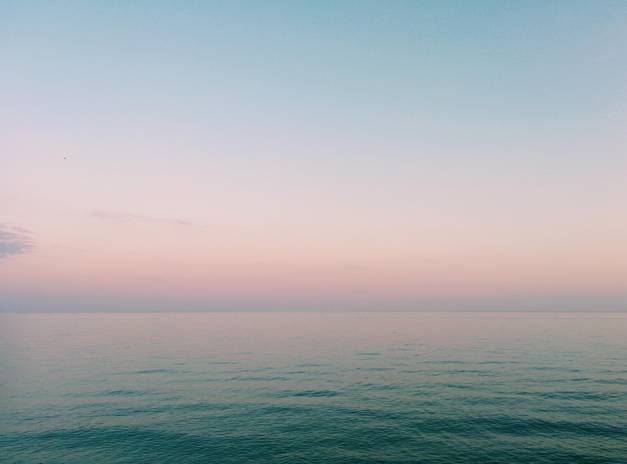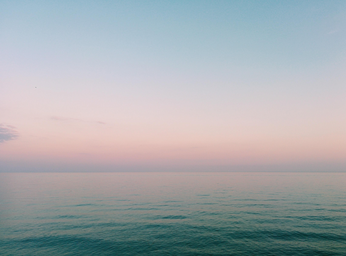Surrounded by the frigid North Sea on three sides, St Andrews is actually the perfect place to put cold water therapy into practice. With the Castle Sands pool and the proximity to a post-dip hot cocoa at Northpoint, the added benefit of our recent warm weather makes this the perfect point in the semester to start cold plunging. Beyond the awed nods from fellow beach-goers, cold water therapy has a plethora of wellness benefits, but only if you’re willing to take the plunge.
The history of cold plunging dates back to the Ancient Greeks, who were the first to explore the benefits of themalism, or using water at different temperatures to treat different ailments, or simply as a way to create a social routine. Many centuries ago, the Nordic Cycle was created, rooted in Scandinavian tradition where taking a morning dip in frozen waters is a daily ritual in countries like Norway and Sweden. It’s no coincidence that Scandinavia as a whole has some of the highest human longevity statistics and consistently stellar health science results in the world.
Cold water therapy, also called cold plunging or polar plunging, possesses all kinds of health benefits as a result of the extremes it puts your body through. The cold temperatures accelerates your heart rate and pumps you full of adrenaline when your body feels the unexpected shock of the water. As it raises your heart rate and activates your circulation, it stimulates your body systems, which, if done regularly, strengthens these body systems and can improve the way they age with you. Putting your body through brief periods of stress through temperature can actually improve your response to real-world stressors in your day-to-day life. Adopting a new routine or just exploring something outside of your comfort zone is just as important as its many scientific benefits.
Whether you are an athlete or not, cold water therapy also reduces muscle soreness, in addition to reducing swelling or inflammation. Post run, a cold dip is perfect to both cool off and promote active recovery. Though you should be careful to properly dry off and put warm clothes on after plunging, it’s not the act of plunging that’s going to give you a cold, but rather the opposite—plunging has been shown to boost your immune system by exposing it to extremes, so as long as you take care of yourself post-dip, it may actually improve your chances of staying well.
Perhaps the most basic benefit of cold plunging, and one that has a simple scientific explanation, is that your mood improves during and after the plunge, despite your propensity to complain about how you can’t feel your limbs. Cold plunging forces the release of endorphins into your system, which are the hormonal chemicals that block the perception of pain in the brain, increasing feelings of well-being and reducing stress.
The Nordic Cycle has been around forever and is fascinating, though a little bit more difficult to practice in St Andrews unless you conveniently have a sauna in your back garden. The cycle involves taking a cold plunge and then sitting in the heat for equal amounts of time, and repeating this process several times. While the cold resets the brain and energizes the body, the heat relaxes the muscles and begins to unwind the mind. Using temperature science to cultivate a cycle that ultimately improves so many different areas of the body and has been shown to improve both physical and mental wellness makes a very unique addition to your personal upkeep routine.
Some facilities near campus, like the Old Course Hotel’s gym (which offers a discount for student memberships), have a pool and sauna in close proximity, where you could use the Nordic Cycle to your advantage. But with three beaches, there are plenty of places where you can take a dip in the North Sea. I love Castle Sands because of the pool that fills up at low tide. While it’s fun to swim in the waves, the natural pool is still and perfect for a quick in-and-out at low tide.
Maybe cold plunging is a once-monthly (or once-semesterly) activity that you take part in surrounded by friends or for a moment of personal introspection, or maybe it’s a ritual you consistently partake in. Whatever your reasons, your company, or your opinions on it, cold plunging is rooted in wellness history, and as the days get just a little bit warmer, maybe this is the month you fall in love with the ritual.


